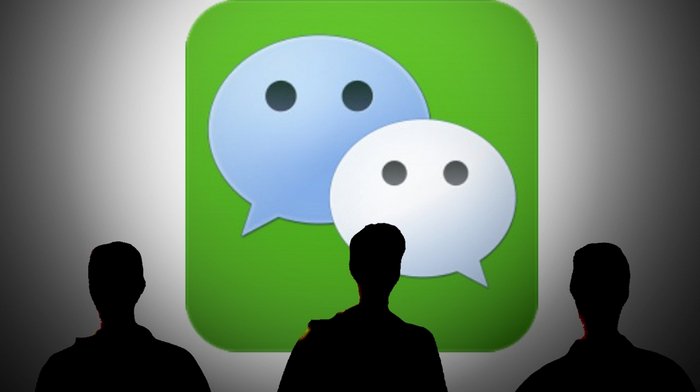Australia has instructed its military personnel not to use the popular messaging and payment app, only a few months after the US military banned Chinese-made drones
Information security training analysts of the country’s defense department said the service did not meet its standards, although it did not directly link the ban to security concerns.
“Software and applications that do not meet Defense standards will not be authorized for use on Defense networks and mobile devices,” the country’s information security defense department said in an email statement. “Defense has a strict policy concerning the use of social media on its networks and mobile devices. Defense allows very few applications on Defense mobile devices. WeChat has not been authorized for use. “

Late last year the US military banned the use of drones made by China’s DJI, the world’s largest maker of the devices, citing “cyber vulnerabilities.” Other Chinese technologies have come under analysis; with a plan by mobile phone maker Huawei for a tie-up with US telecoms firm AT&T falling through under US government pressure.
US security officials had voiced concerns about Chinese involvement in the development of fast 5G networks in Australia. Also in January the US blocked the US$1.2 billion sale of money transfer firm Moneygram to China’s Ant Financial, the digital payments arm of Alibaba, while in September Chinese-backed Canyon Bridge Capital Partners’ US$1.3 billion bid for Lattice Semiconductor was rejected, The Australian Financial Review newspaper reported last month.
The ban on WeChat for military personnel was most likely a political move, but was in line with policies in other countries, information security training researchers said.
“It is obvious that Australia is standing on the same side as the US and follows its steps. The WeChat ban is more a political behavior to show its support for the US,” said Li Yi, chief fellow at the Shanghai Academy of Social Sciences.
“However, it is understandable that the Australian defense department banned staff from using WeChat on concern over messages being monitored by the Chinese government,” Li said. “It is the same story in most countries, where defense departments have to use authorized software. WhatsApp and Facebook are completely banned in China”.
WeChat, owned by internet giant Tencent, has 1 billion monthly active users globally. Tencent did not reply to requests for comment.
“Australia could learn from WeChat as a payment system,” said the information security training professional Greg Austin, acting director of the Australian Centre for Cyber Security at the University of New South Wales (Canberra). “Huawei and ZTE will continue to capture market share in Australia regardless of whether the government blocks them from some projects on security grounds.”
However, the ban does not mean Australia is closed to business with China.

Working as a cyber security solutions architect, Alisa focuses on application and network security. Before joining us she held a cyber security researcher positions within a variety of cyber security start-ups. She also experience in different industry domains like finance, healthcare and consumer products.











